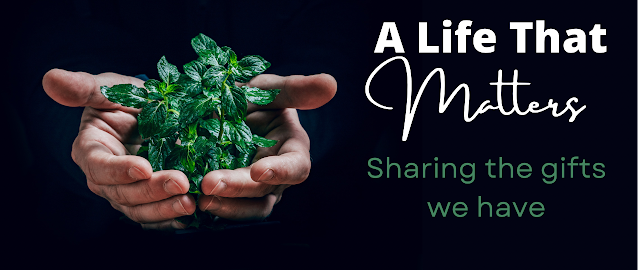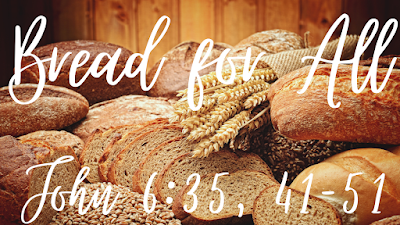Cords of Kindness - Hosea 11:1-11 (Pentecost 8C)
Last week, I talked about the first part of Hosea, this book of God’s unrequited love as shown through a marriage that was anything but ordinary.
Who is the person or group hardest for you to extend love to? We all have that one person or group. We also know that God offers grace and mercy to all who come to the throne. I’ll be honest with you - I find difficult people some of the hardest to love. And having two children who are as stubborn as I am means that Tadj has a really hard job some days. What do I mean when I say difficult people? I mean, those friends, acquaintances, maybe family members who put up walls, are unpredictable, don’t know how to apologize or compromise.
Does that sound like you sometimes? Because I’m realizing that that might be hitting a little too close to home for me. Don’t worry - it’s good to know I have more work to do. I might be calling my therapist tomorrow. But coming from the world of family law, I dealt with these people all the time. Parents who want to be a part of their child’s life, just to be shut down or blocked in one way or another. On the other side though too, it could be that a parent is seeking the best for their child, but the noncustodial parent just isn’t in a place mentally to get on board with all of what it takes.
Feeling alienated from a parent or a child is one of the most heartbreaking things in this world. I think that’s what is happening with the scripture today. The verse that stood out to me the most while I was initially read it was verse 4 - “I led them with cords of human kindness, with ties of love. To them I was like one who lifts a little child to the cheek, and I bent down to feed them.” God is talking here, and unlike last week, when God was likening his relationship with Israel to an unfaithful spouse, and the metaphor gets changed. Now, God is talking about an intimate relationship between a parent and child. Put another way, verse 4 could read, “I lead Israel with my love and devotion. I freed them from their burdens and humbled myself to feed them.” Wow. That sounds deep; very maternal even.
Many of us in this room have been parents or even grandparents, but for those of you who haven’t… no worries. I bet you’ll still be able to relate. Caring for children is hard work, and often thankless, so to each and everyone of you who volunteer in some way to help care for the children of our church or community - thank you. It’s a big mission with few rewards, but it is also necessary and appreciated.
But back into our text, in verse 8 - why do you think that God can’t just give up on the people of Israel? We get a couple of references there that may be unfamiliar. Ephraim is a tribe in the Northern Kingdom of Israel who constitutes the largest of Jacob’s sons from Genesis. So, in a way, it’s kind of pet name for the whole of the nation of Israel. We also are told about Admah and Zeboiim. These are two cities that were destroyed also with Sodom and Gomorrah back in the earlier book of Genesis as well. God here seems remorseful of that… and compassionate. Not at all the wrathful God we think of when we think of the Old Testament. But why can’t God just give up on the people of Israel? BECAUSE DESPITE ALL WE HAVE DONE AND WILL DO, HE LOVES US.
God wants to show a transformational love. This is what we think of when we think of the love of a parent - you teach and you guide, set boundaries, encourage and support. There are difficulties along the way, but in the end, all you want to do is raise good humans. That’s the message. As much as the subtext is that the child Israel is rebelling against the parent, what parent hasn’t been there? What teacher doesn’t face opposition? This is a role that no one really likes - to be the authority to tell the child to sit down and eat their vegetables. Just like doctors don’t like telling their patients about preventative care, diet and exercise, it’s about the little things we do that sometimes add up to big things.
But God demonstrates a certain transcendence in verse 9. “No, I will not punish you as much as my fierce anger tells me to!” God says that he will not give into his boiling rage, that God chooses to grow in compassion. This is the resolve of God to know where his boundaries are, and what he will and will not do for them.
Amen.




Comments
Post a Comment